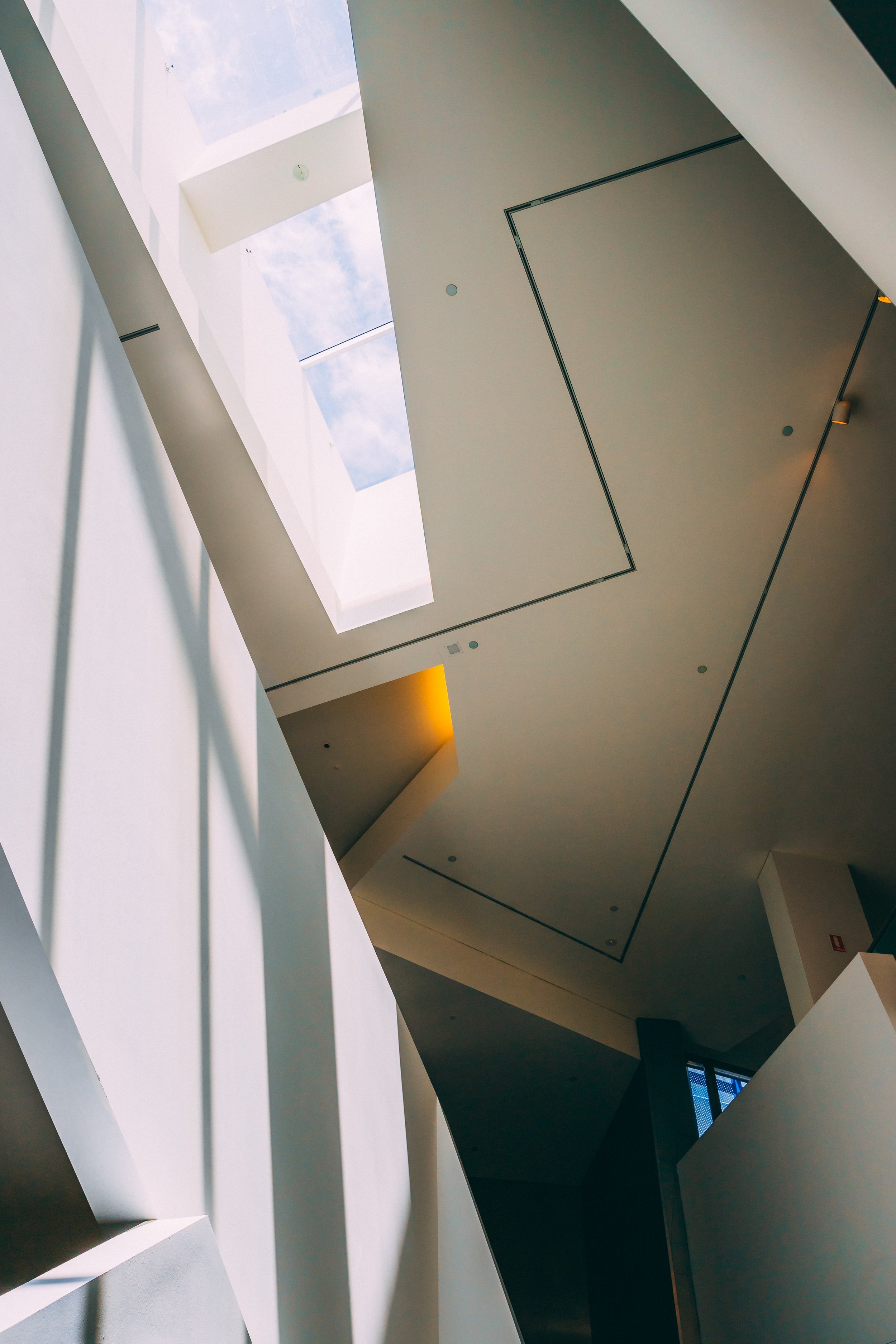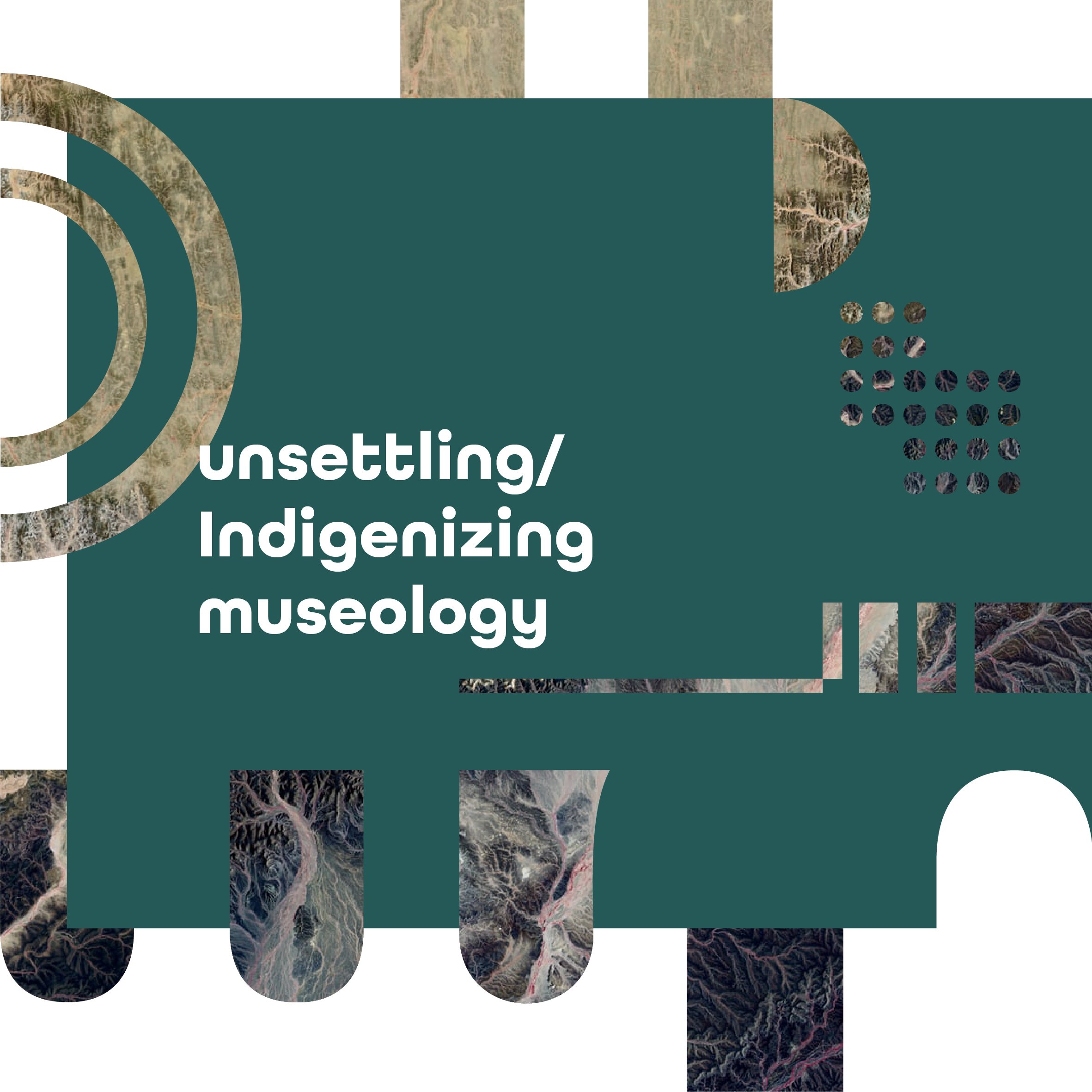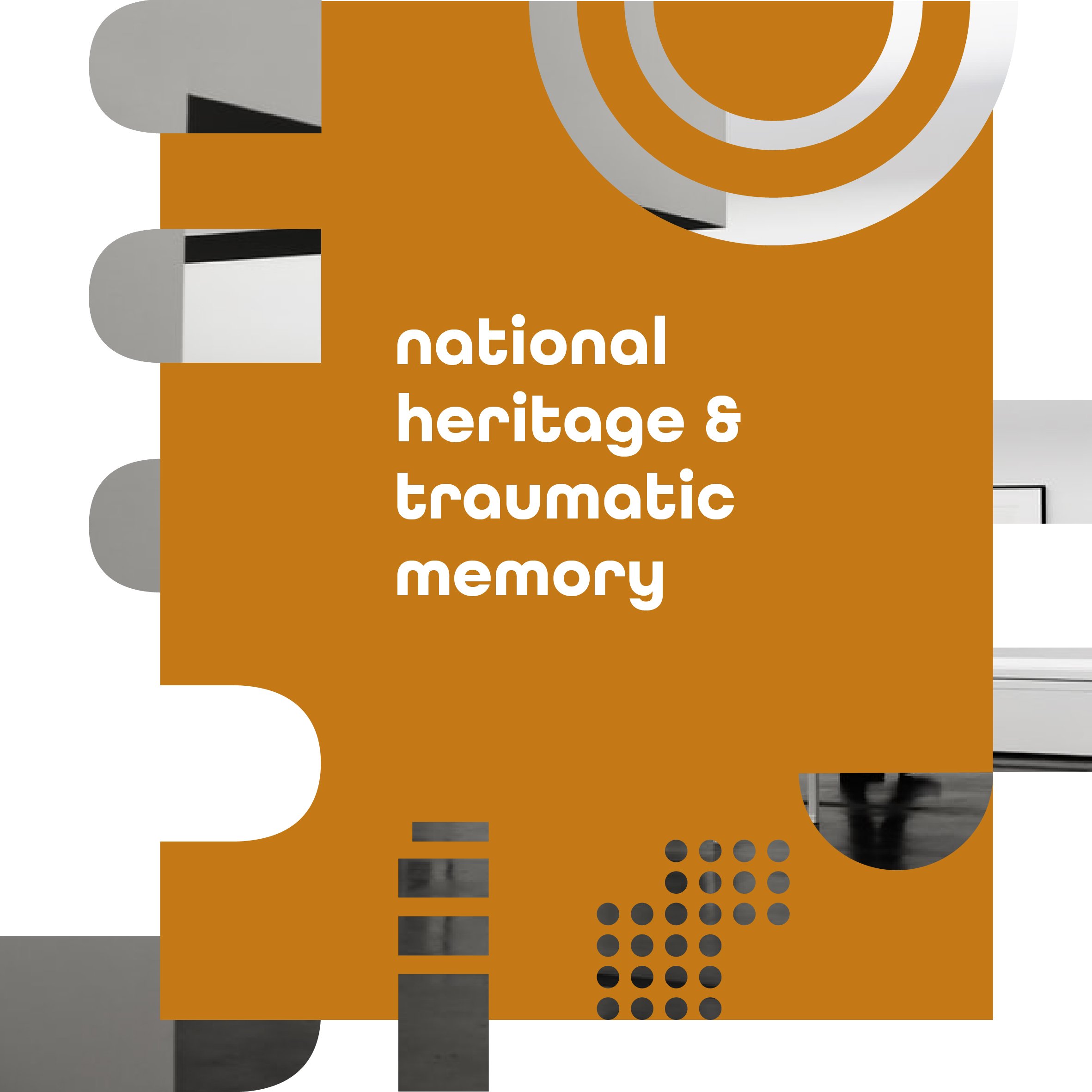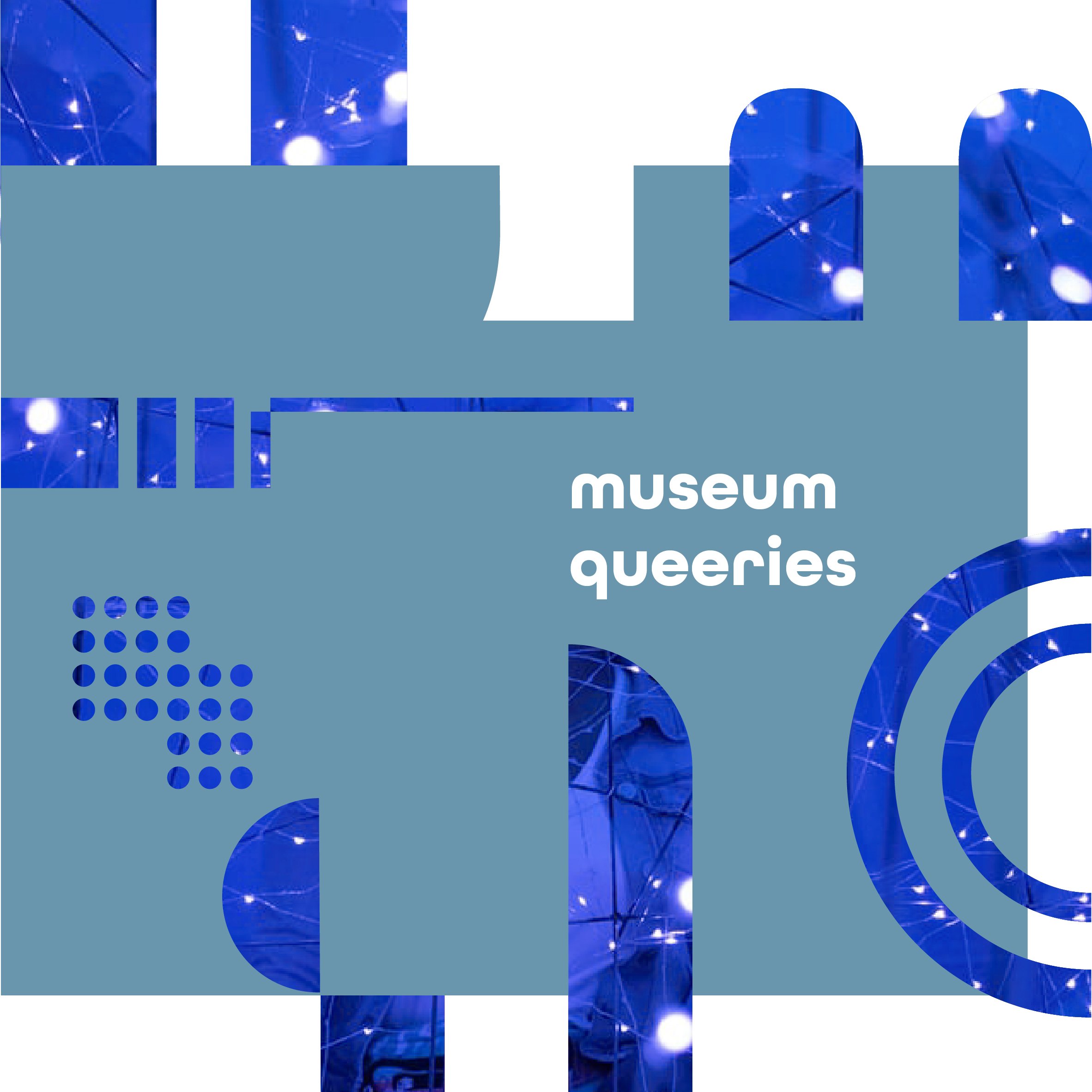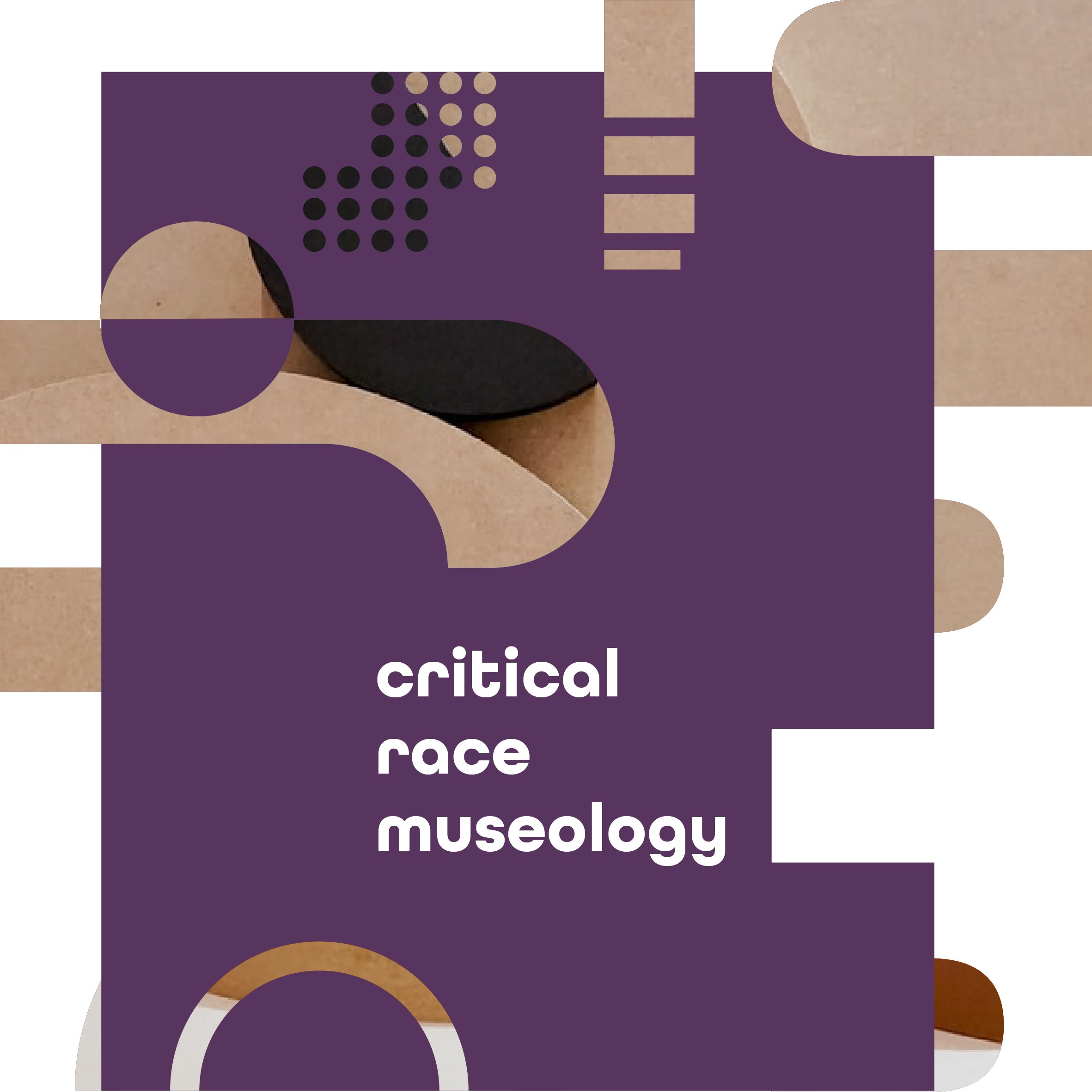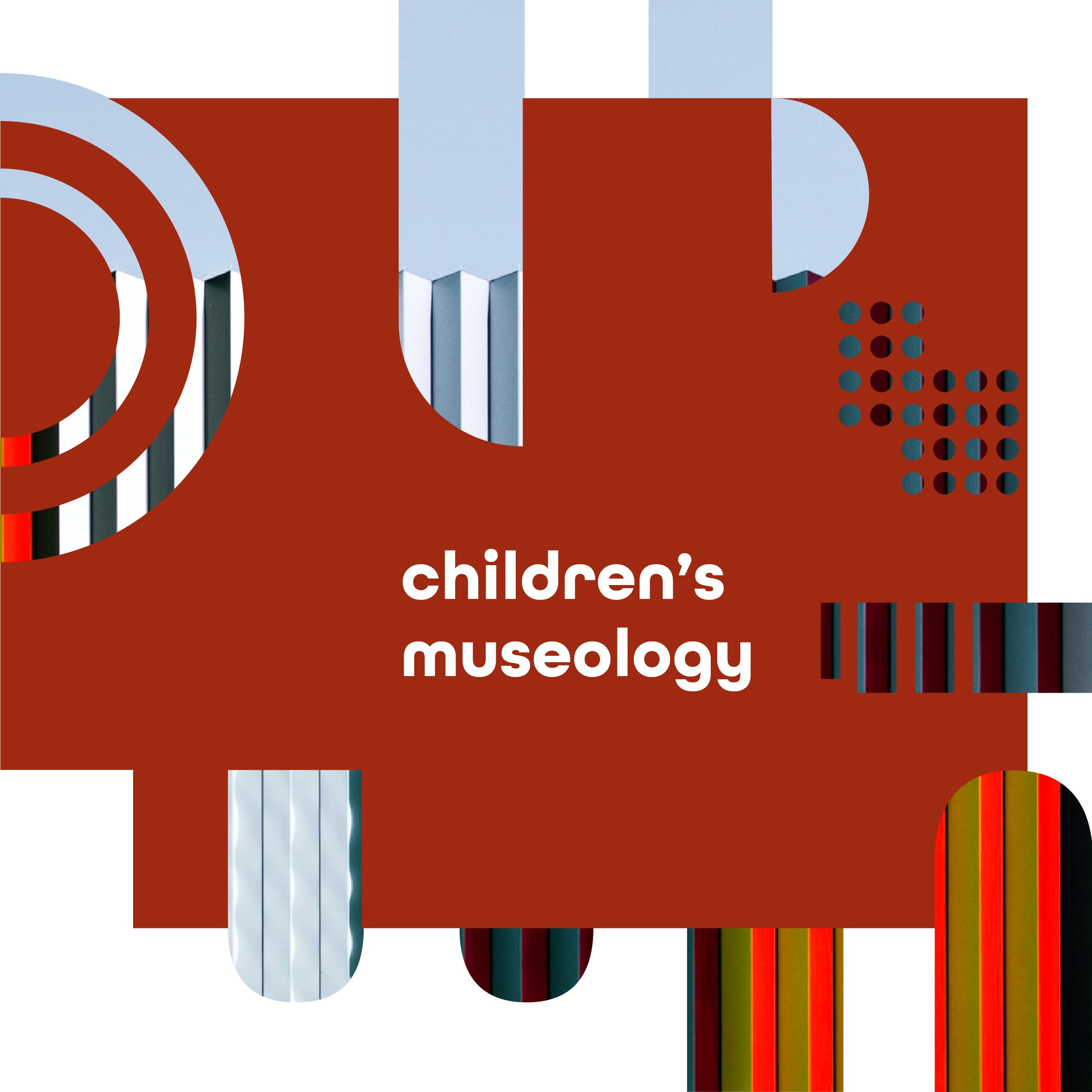ABOUT TTTM
thinking through the museum: a partnership approach to curating difficult knowledge in public
brings together international scholars, students, museum professionals, and community representatives from 20 museums, universities, and NGOs in Canada, the Netherlands, Poland, South Africa, and the USA. The team works in and beyond museum settings to co-produce exhibitions and design tools, and to explore alternative forms of heritage mobilization where communities can set their own agendas.
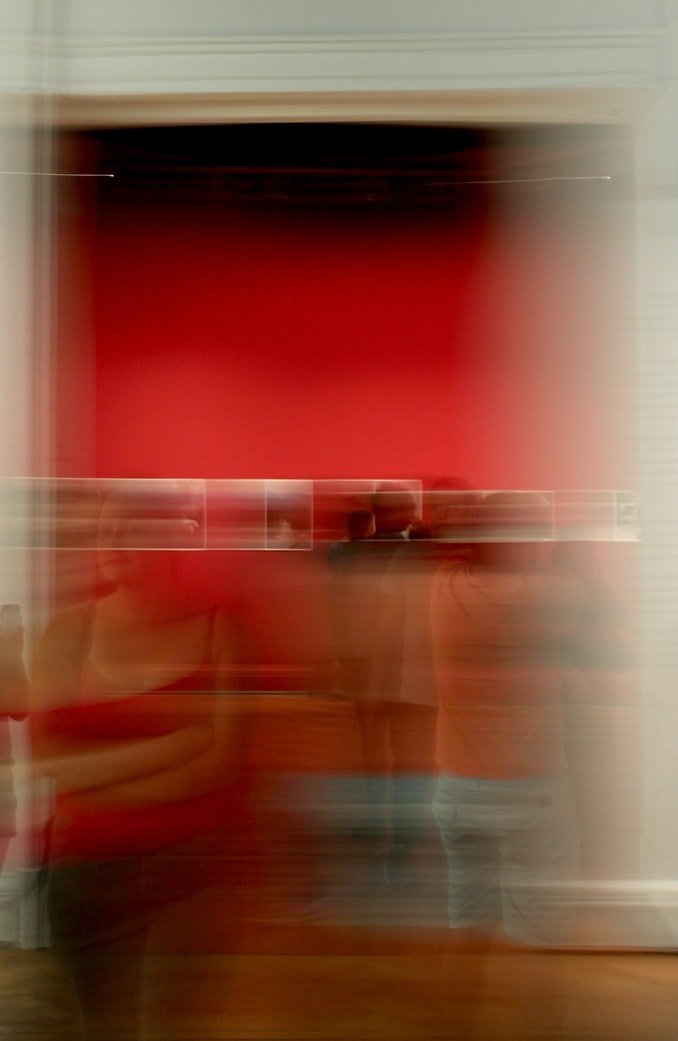
research clusters
The TTTM team is organized around five thematic, multi-disciplinary research clusters comprised of academics, museum workers, and community organization representatives, supported by a cadre of student research assistants. Each cluster brings unique tools, concepts, perspectives, partner organizations, and geographic contexts to our shared work of intersectionality, intercultural dialogue, and solidarity across differences, enacted by cross-cluster activities.
Unsettling/Indigenizing Museology (UIM)
comprises Indigenous, BIPOC and white settler scholars, curators and museum professionals who activate, mobilize and bring forth Indigenous and decolonial museum theory, methods and praxis by advancing new scholarship and critical curatorial practice. UIM engages institutions, archives, exhibitions, community members, creators, and collections in dialogues and exchanges in order to reimagine institutional practices and policies and their impacts on Indigenous peoples on a long continuum. Together we will devise new models for unsettling and Indigenizing creative and public spaces drawing on non-performative and non-extractive collaborative methods. One major UIM outcome by the midpoint of TTTM is our partnership with the Native American Art Studies Association to revisit and critically re-examine the ground-breaking 1994 Task Force Report on Museums and First Peoples, in light of the 2015 TRC Calls to Action, UNDRIP, MMIWG, BLM, Land Back and other activist-led demands for social justice within and beyond museum and gallery walls.
(Partners: Art Gallery of Nova Scotia; Confederation Centre Art Gallery; McCord Museum; Native American Art Studies Association; NSCAD University; Carleton University; Mackenzie Art Gallery)
National Heritage & Traumatic Memory (NHTM)
explores how arts-based practices can help circumvent institutional constraints and engage communities via non-traditional sites and performative modes of display and participation. Working primarily in Poland, NHTM considers how histories of colonialism, the Holocaust, and communism meet, and develops forms of reflection, redress, and repair to address this geographical region’s violently-lost historical diversity. NHTM develops context-sensitive concepts and tools to expand critical museology’s Western-centrism, and collaborates across clusters to develop minority artist residencies, a comparative genocide workshop with the National Museum of the American Indian and the United States Holocaust Memorial Museum in Washington DC, and other resources to engage Poland’s marginalized Jewish, Roma, Ukrainian, Vietnamese, African-diaspora, LGBTQ+ and refugee communities under an increasingly authoritarian government.
(Partners: Centrum Cyfrowy; FestivALT; National Museum of the American Indian; Polin Museum; Teatr Powszechny)
Museum Queeries (MQ)
prioritizes Two-Spirit, lesbian, gay, bisexual, transgender, transsexual, queer, intersex, and asexual (2S+LGBTTQIA) contributions and interventions in museums and museum studies as a means of addressing structural exclusions and opening new modes of inquiry and activism. MQ is particularly interested in how queering, decolonizing, and anti-racist strategies might work together to change museum cultures. “Queering,” here, refers not only to representations of gender and sexuality; it is a methodology that challenges White privilege, racism, settler colonialism, and ageism, among other systems of oppression, as they operate with and alongside transphobia and homophobia in and beyond museum and curatorial contexts. MQ develops intersectional projects with other clusters and will launch a major exhibit featuring Two-Spirit and Indiqueer (Indigenous queer) artistic production that unsettles narratives of sexual and gender diversity that privilege White lives and experiences.
(Partners: CLGA/ArQuives; University of Winnipeg; Mackenzie Art Gallery)
Critical Race Museology (CRM)
examines how museums and galleries are implicated in the production of race and racism, analyzing racialized collections and exhibitionary spaces via such lenses as gender, sexuality, class, colonialism, and nationalism, and addresses intersecting legacies of settler colonialism and slavery. CRM applies critical race theory to permanent exhibitions in two major Canadian museums , using workshops and advocacy to change exclusionary institutional practices and habits. Sustained and fairly-compensated collaboration with a diverse group of local Black cultural workers, artists, and university students will produce exhibitions that combat anti-Black racism and promote nuanced understandings of communities and national cultures.
(Partners: Royal Ontario Museum, Montreal Museum of Fine Arts).
Children’s Museology (CM)
develops critical museology by, for, and about children, whom it views as political change agents. CM researchers investigate how museums can be changed via content critique and co-creation, challenging the status quo where museums engage, educate, and entertain young people but simultaneously essentialize and belittle them with superficial or isolated, after-the-fact programming. Recurring curatorial workshops with Black children in the Cape Flats region, outside Cape Town, South Africa, will emerge from sustained engagement with the CRM cluster, and will result in collaborative exhibits in South Africa and Canada, and a Curating with Children handbook.
(Partners: Carleton University; The Children’s Resource Centre)
emerging scholars and practitioners committee (ESPC)
supports students, research assistants/associates (RAs) and affiliates linked to TTTM to promote their professional growth, create opportunities for their own emerging projects, and ensure a safe and secure working environment. ESPC mobilizes the potential for new generations of scholars and practitioners to engage with pressing issues and innovative ideas in museum theory and practice, promotes the recognition of its members’ labour, and facilitates their active participation within and beyond TTTM.
